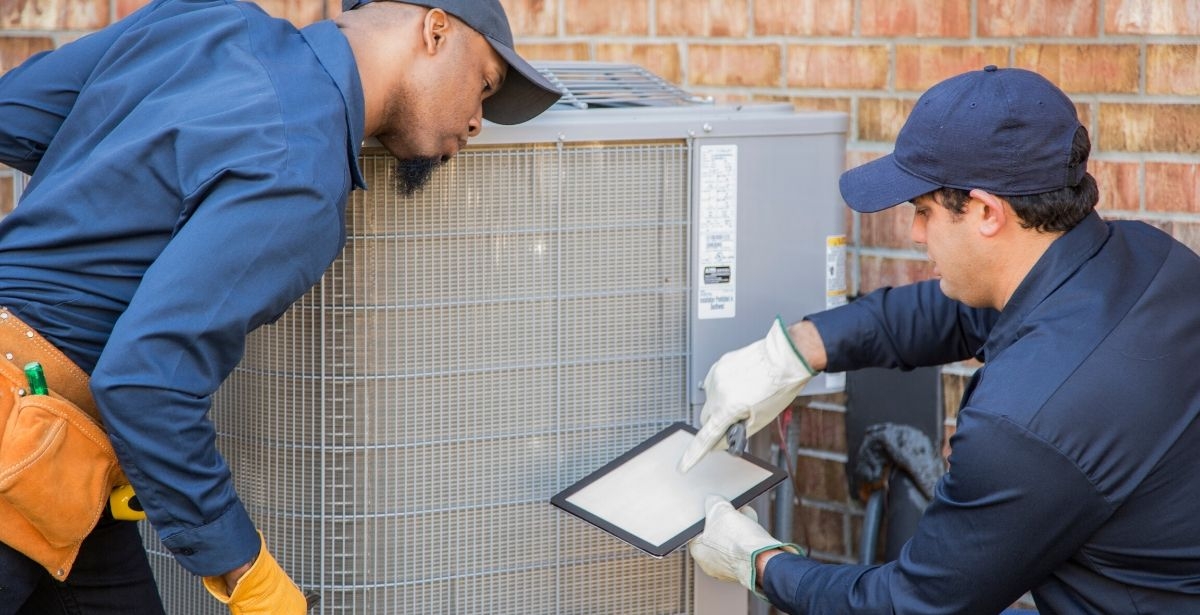
10 Tips to Save Energy in HVAC Systems
Your heating, ventilation and air conditioning (HVAC) system is responsible for the heating, cooling, and sometimes air purification of your home or office. You know how important it is. But did you know its efficiency can have a big impact on your energy savings and the life of the system itself?
You need more than an energy efficient HVAC system. Here are some important energy saving tips that will make your HVAC system more efficient, save you money, and even help save the planet. After all, the less energy your system consumes, the smaller your carbon footprint.
- Conduct Regular Maintenance: Routine maintenance is the only way to keep your system in tip-top shape and identify small issues before they become big problems. Have your HVAC technician conduct a full inspection twice a year.
- Consider Temporary Fixes for Older Systems: Even well-maintained systems will eventually need to be replaced. But sometimes a part exchange or retrofit can delay the inevitable, save you a bit on your energy bills in the short-term, and help your system run better. Heat pumps and air conditioning compressors aren’t cheap, but they are less expensive than new systems. Fan controls and air side economizers can also increase efficiency when properly installed and buy an old system some time.
- Clean Your Air Filters: Regularly clean or replace your air filters. Filters can collect dirt, dust and other debris. As they become clogged, the system needs to work harder to keep your home comfortable.
- Lower or Raise the Temperature: Don’t set your heat too high or your AC to low. Set your heat to 68 degrees in the winter heating season and your air conditioner to 78 degrees in the summer.
- Install Programmable Controls: Use programmable thermostats to alternate the temperature throughout the day. Lower the temperature at night and have it rise before you rise. With today’s modern systems, you can even command your system from work so by the time you get home, your home is as warm or cool as you need it to be. You can save as much as 10% a year on heating and cooling by turning your thermostat back 7°-10°F for 8 hours a day from its normal setting. This will save energy and can extend the life of your system because it won’t run unnecessarily.
- Improve Your Insulation: The better insulation your home has the more efficient your HVAC system will run. Insulation reduces the amount of warm or cool air that escapes from your house. You don’t want to heat the outdoors in the winter or send cold air out in the summer.
- Seal Your Ducts: Leaky duct work can lead to high energy consumption and cost you a lot of money. Cracks and holes allow air to escape. If your HVAC system is hooked up to a duct system that leaks, it works harder than it needs to and cannot control your environment as well. Inspect your duct system and seal up any openings to prevent air leakage.
- Use Curtains and Blinds: Keep your curtains or blinds closed during the hot summer days to reduce the heat in your home. In the winter, open them up to let the warm sunlight in during the day and close them at night.
- Use Fans: Ceiling and floor fans can improve your HVAC system’s efficiency by circulating air. Ceiling fans can also be set to pull up hot air in the summer or push it down in the winter.
- Clear Obstructions: Clear plants, trees, brush, and debris away from your HVAC system. Regularly check to ensure that it is clean and clear of leaves, nests, and hazards that might interfere with its proper function.
Is your HVAC system ready for the season? Make sure it is! And if you think you might be interested in an HVAC career, consider the HVACR program at YTI Career Institute in York, PA. You could complete our program in as little as 12 months. Request more info today.


